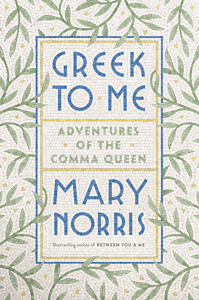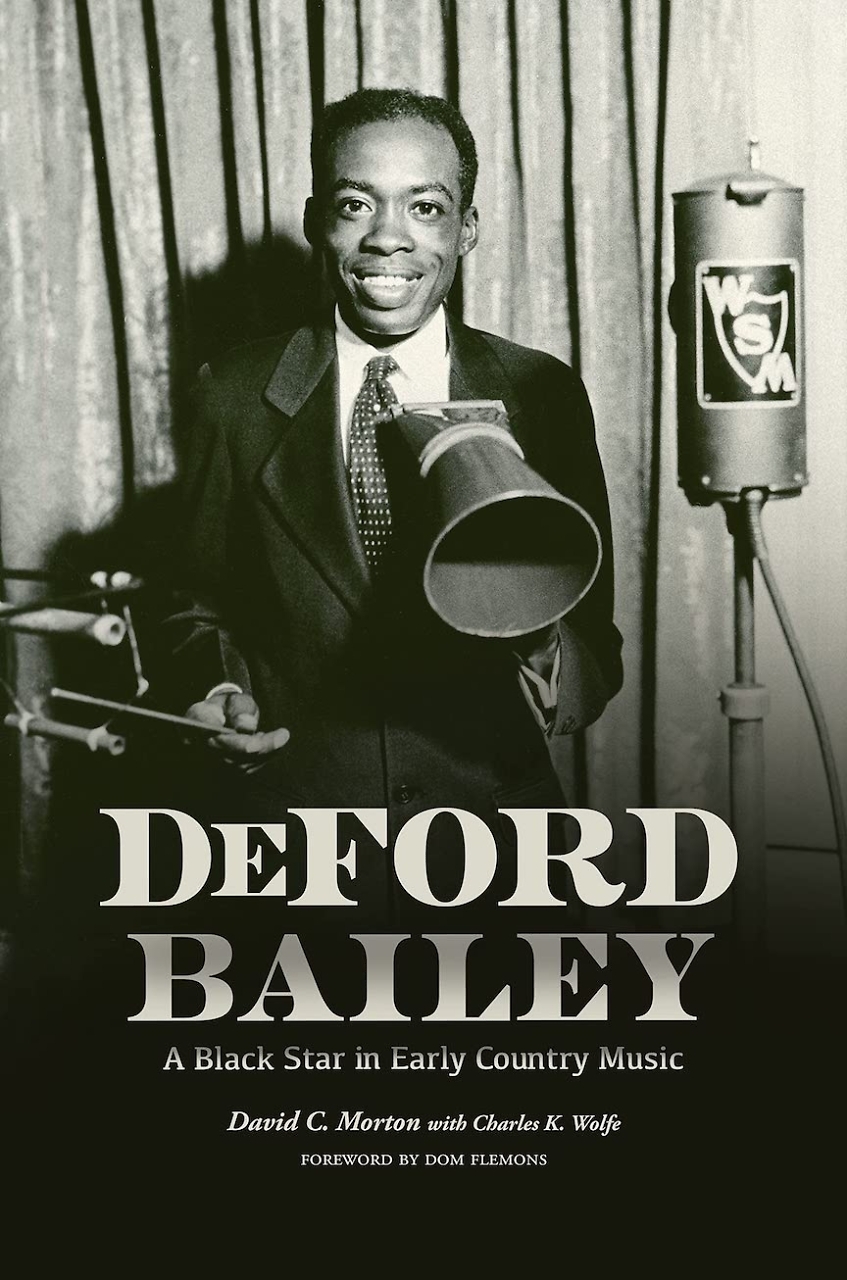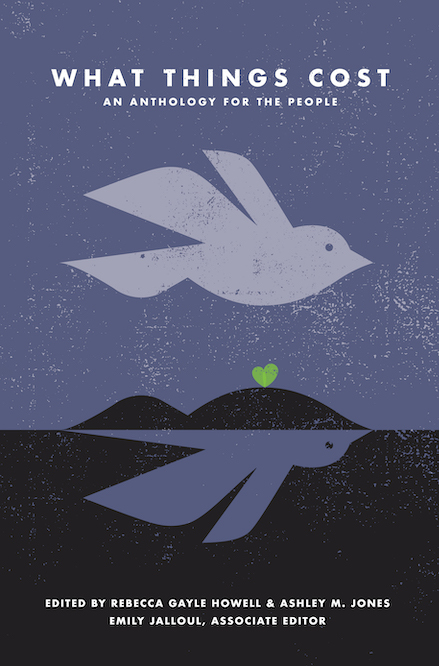Sing, O Muse, of the Concrete Parthenon
Mary Norris’s hilarious new memoir, Greek to Me, celebrates all things Hellenic
Mary Norris didn’t always want to learn Greek. What she wanted to study—first in fifth grade (her father forbade it) and then in college (her linguistics professor talked her out of it)—was Latin, and just “for the sheer impracticality of it.” Many years later, she wandered into the movie Time Bandits and fell in love with Sean Connery as the Mycenaean king Agamemnon: “The landscape was so stark and arid, and so enhanced by the mighty figure of Sean Connery in armor, that I wanted to go there right away,” Norris writes in Greek To Me, her thoroughly delightful account of becoming besotted by the Hellenic world. The next day she convinced her boss to pay for language lessons and started studying Greek.

Norris’s first book, Between You & Me: Confessions of a Comma Queen, a delicious, nerdy-wordy tell-all, grew out of her thirty-plus years as a copyeditor for The New Yorker. In it she comes across as an indefatigable polymath: curious, dogged, and peculiar, an aficionado of all things writerly and grammatical. It’s impossible to imagine anyone better suited to the job. But when Norris was young, she had dreamed of becoming a dairy farmer: “My senior year in high school, a friend who was researching colleges told me, ‘You should go to Rutgers—it has a renowned department of dairy science.’” So Norris headed to New Jersey in the fall of 1970, where she signed up to study mythology with a young classics professor named Froma Zeitlin, who went on to become an academic superstar.
The mythology course sparked both intellectual and personal revelations. Zeitlin’s lecture on Demeter and Persephone led Norris to realize she’d “been afraid to grow up, to trade in … girlhood for the life of a woman.” Subsequent lectures woke her “to the fact that I could have other models: be a bitch, be a huntress, be an Amazon, be a maenad, one of the crazed followers of Dionysus.”
Ten years later, armed with only a few phrases in modern Greek, Norris set out on foot toward Demeter’s sanctuary in Eleusis, where she hoped to find “something that would connect me to the pagan rites of spring.” The pilgrimage begins ignominiously—modern Elefsina is a mess of traffic and oil refineries—and deteriorates from there. Shooed from the sanctuary, Norris retreats to the shade of a few pine trees and ponders her situation glumly: “I had the feeling, standing in the Hall of the Initiates under the hillside that protected the site, that Demeter had left the building.” And yet, somehow, the magic works. Collapsed at the sanctuary’s periphery, soaking her blistered feet in a plastic bag filled with water, Norris comes to an authentic epiphany.
 This narrative pattern—a chance encounter that progresses haphazardly, even comically, until it ultimately bends toward revelation and truth—recurs, to lovely effect, in chapter after chapter. Greek to Me is part linguistic mash note, part etymological detective story, part personal memoir, and part self-help book. In every amusing tale she tells, Norris acts as a goofy girl guide, leading the reader—and herself—toward revelation and wonderment. Along the way, she peppers her anecdotes with bold-faced names (Katharine Hepburn has a cameo) and fun philological facts. (Nausea derives from the Greek word naus, meaning “ship.” Ship-sickness!)
This narrative pattern—a chance encounter that progresses haphazardly, even comically, until it ultimately bends toward revelation and truth—recurs, to lovely effect, in chapter after chapter. Greek to Me is part linguistic mash note, part etymological detective story, part personal memoir, and part self-help book. In every amusing tale she tells, Norris acts as a goofy girl guide, leading the reader—and herself—toward revelation and wonderment. Along the way, she peppers her anecdotes with bold-faced names (Katharine Hepburn has a cameo) and fun philological facts. (Nausea derives from the Greek word naus, meaning “ship.” Ship-sickness!)
Throughout the book, Norris tacks giddily between Greece and the U.S., ancient and modern Greek, sorrow and joy. Standing in awe in Centennial Park, she pronounces the Nashville’s Parthenon “not fake, but sincere,” and concludes, “I would lay a tribute at the feet of the Nashville Athena.” Onstage, in an ancient Greek production of Euripides’s Trojan Women, she plays Hecuba, “who starts out sad and gets sadder and sadder and sadder until she is the saddest woman who ever lived,” and experiences a true catharsis: “[T]he pursuit of Greek tragedy,” Norris reminds us, “can actually have a happy ending. Or at least it can end in relief.”
And on multiple trips to Greece, caroming “around the Aegean like a pinball,” Norris pounds ouzo and flirts and skinny-dips and botches her handful of modern Greek phrases, often to hilarious effect. (Instead of “I am traveling alone,” she tells a surprised sailor on the ferryboat to Rhodes, “I am a traveling cunt.”) But no matter: Norris’s effervescent good spirits and her perpetual willingness to fling herself into odd situations carry her safely away and home, like a cheerful, endlessly curious Odysseus. She’s a fantastic companion and guide—the perfect person to breathe life into a dead language.

Fernanda Moore has been a contributing writer to Chapter 16 since 2009. From 2012 to 2016, she was the fiction critic for Commentary, and her work has also appeared in The New York Times Magazine, Marie Claire, New York, and Southern Living, among others.


